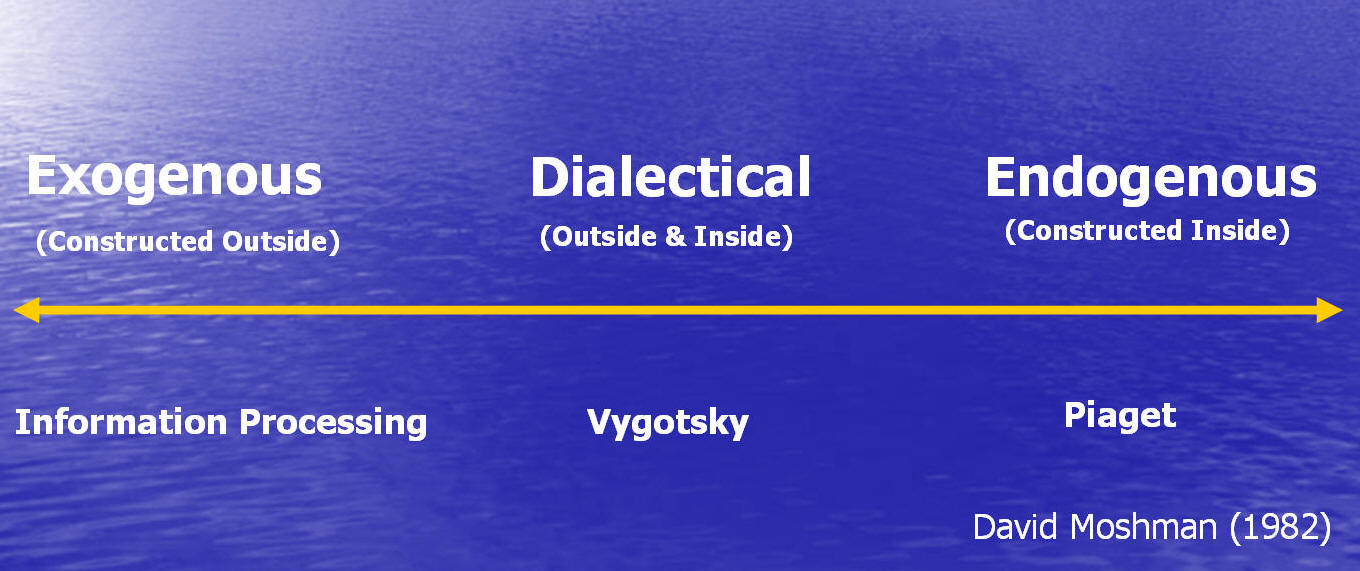Case Study
- Lesson 11
Case studies are a very important part of this course of
study. You may run through these scenarios an unlimited number of times. If you make
errors, you will
be referred to the appropriate area of the book, or an appropriate
website. The questions will be narrative, constructed responses to
the issues in the study. Upon submission of your answers,
each of the narrative responses will have professionally written
feedback of an ideal answer. Carefully compare this to your answer
to determine correctness There is a score associated with each case
study but that score will not be recorded. You will be given
credit for participation. |
|
Quiz
- Lesson 11
You will have to take a quiz for each of the lessons. You
have two opportunities to take each quiz. The highest score will
be recorded in the grade book. Each of the quizzes will be
multiple choice & true/false, open-book, open-notes. Upon
submitting each quiz, your quiz score as well as any items answered
incorrectly will be available.
|
Grand Round
Application - Lesson 11
Each lesson of this course will also require you to continue to
work on the Grand Round project in this course. Click on the
assignment link below to go to the document that outlines the assignment
for this lesson. As you complete each lesson's Grand Round
assignment, you will be completing that portion of the final project.
Each lesson will provide specific directions for how to turn in that
portion of the Grand Round project.
|
|
Learning
Profiles - Lesson 11
Each
lesson in this course will have a Special Education topic associated
with it. Click on the link below to go to the content of the topic.
Each of the Special Education topics was specifically chosen to complement
the psychology topic. There will be Special Education items on each
lesson's quiz.
|
![]()







